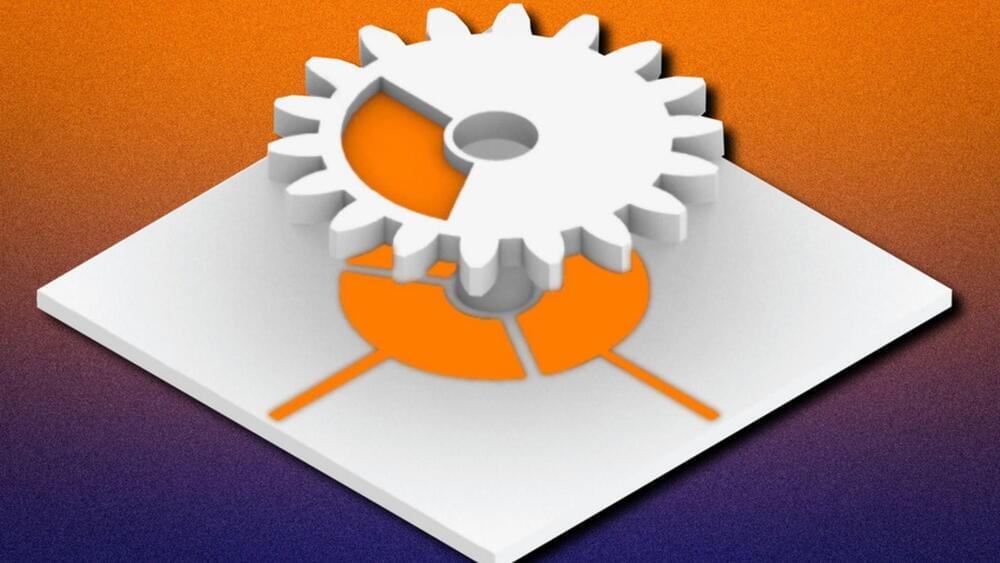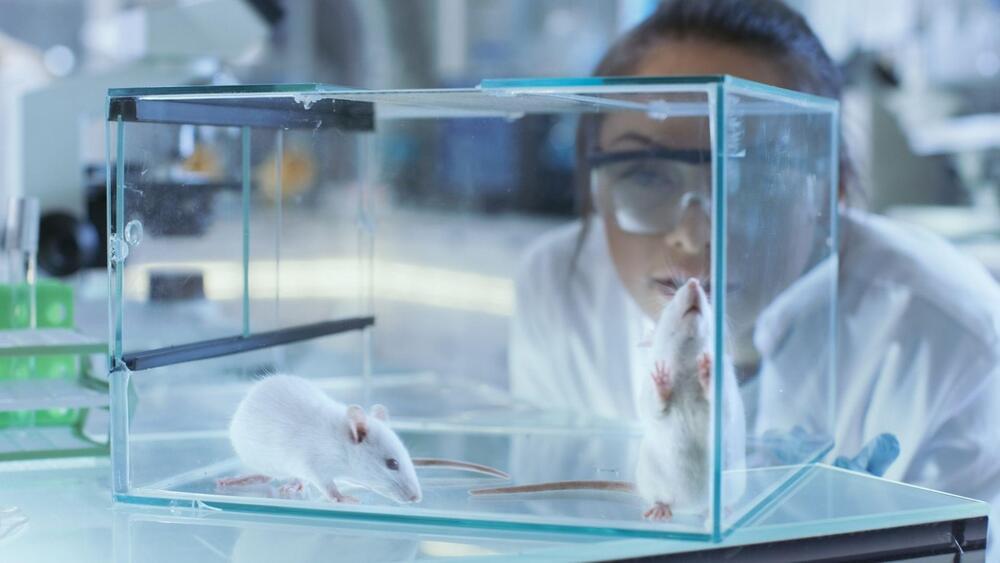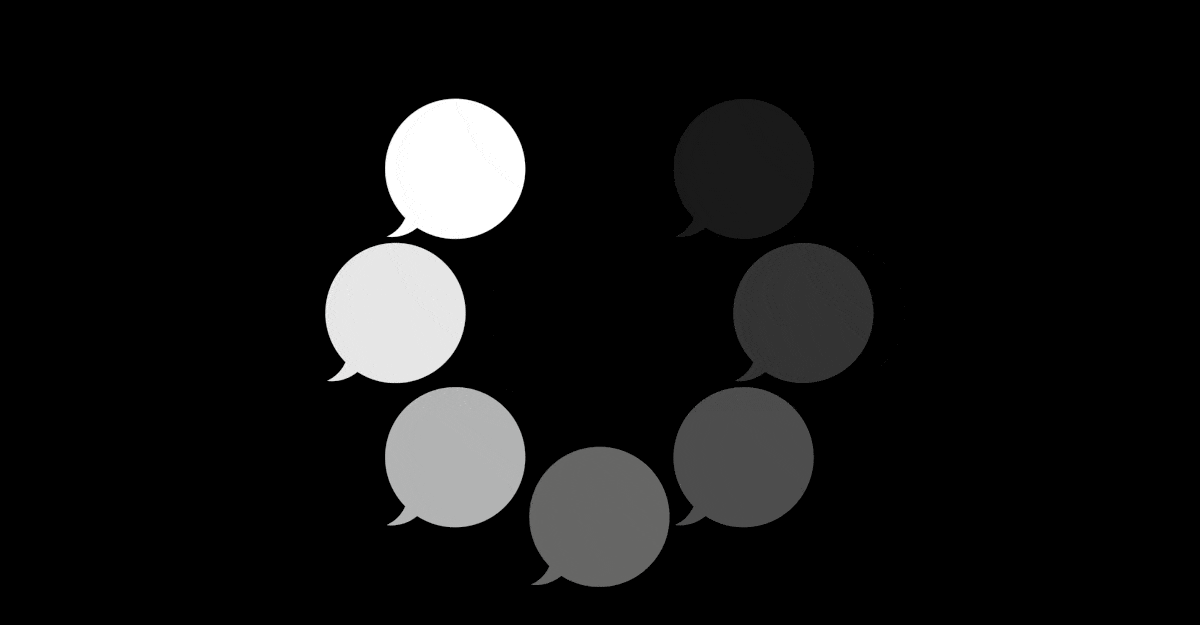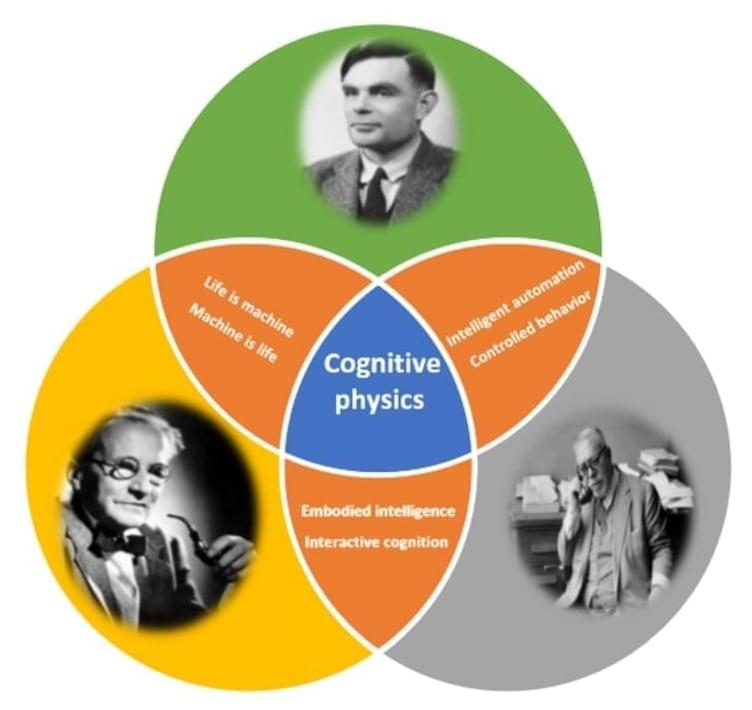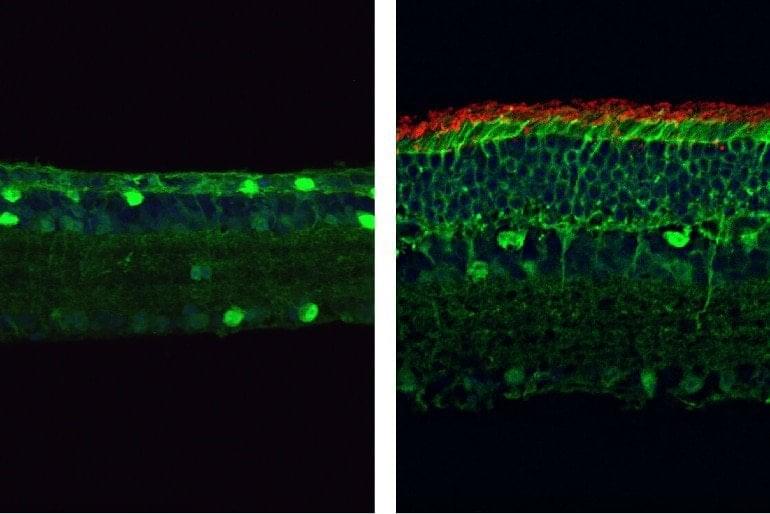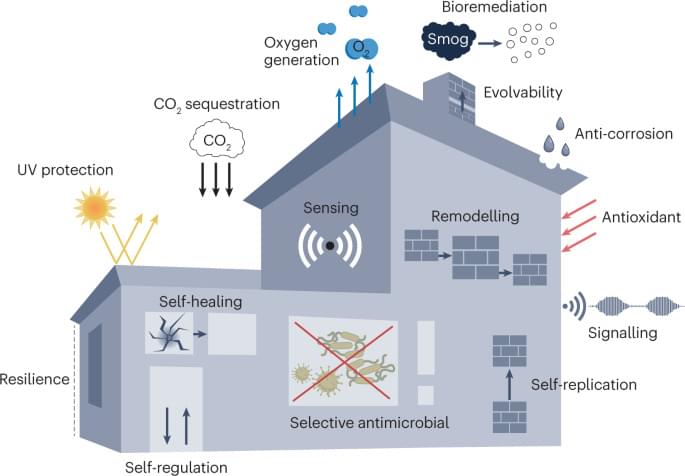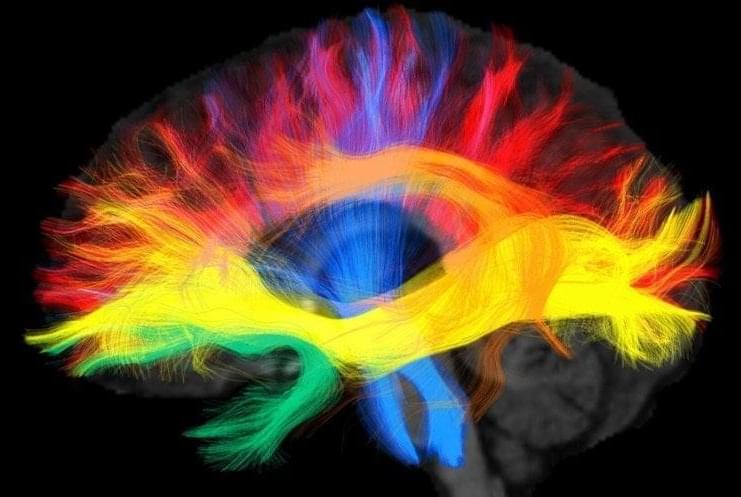Up until now, it was still infamously difficult to include sensors in 3D designs.
Engineers might be able to create smart hinges that can detect when a door has been opened or gears inside motors that can communicate their rotational speed to a mechanic by integrating sensors into rotational systems.
Even while improvements in 3D printing allow for the quick manufacture of rotational devices, it is still infamously difficult to include sensors in the designs.
MIT
With 3D printing, MIT engineers have now created a method for quickly integrating sensors into these devices.
